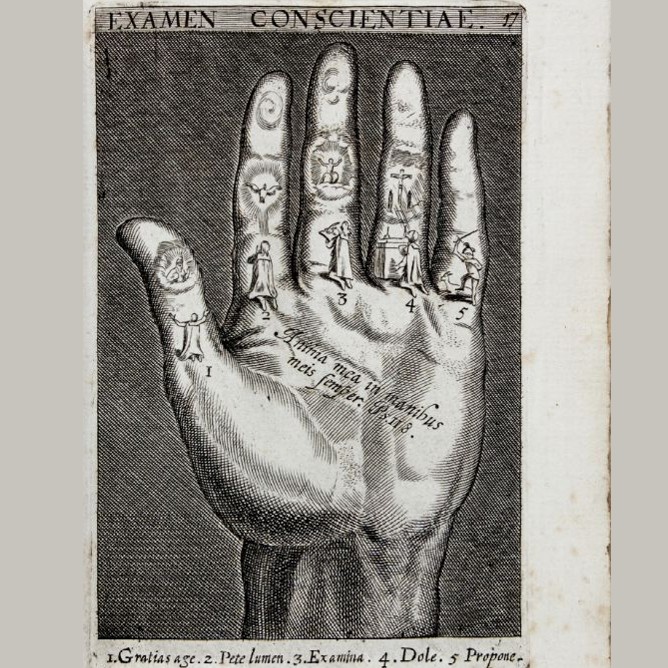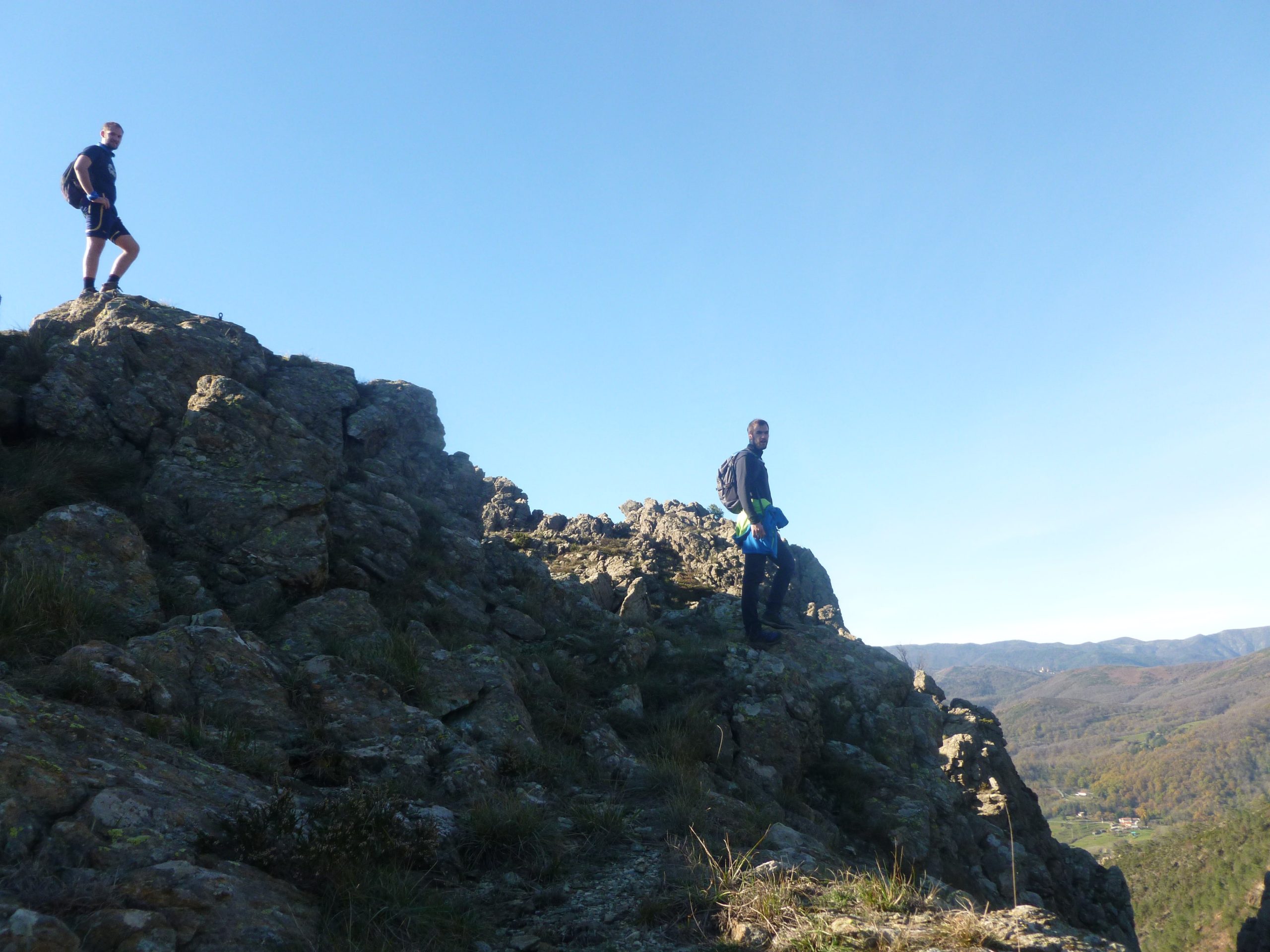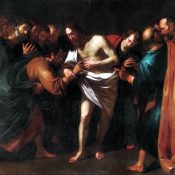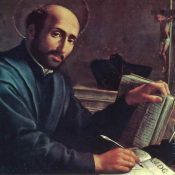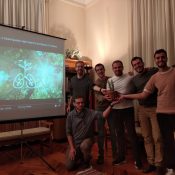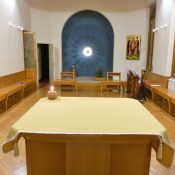The examination of a day is one of the characteristic prayers of the Jesuites; indeed we could say that it constitutes for us what the choir is for the monks. It is not just a vocal prayer and its effects are long lasting. Over time the review of the day becomes a real way of life, an Ignatian way of life.
Certainly it was not Saint Ignatius who invented this prayer exercise which was present in the church from the first centuries. No, it’s a bit like the history of America: it was discovered by Columbus but not having yet understood the importance of what he had discovered, for his sake, it was Amerigo Vespucci who gave it the name. Thus Ignatius, inspired by previous experiences, composed the examination of him. Thanks to the spread of the Jesuits throughout the world, it has become the model of examination of “conscience” par excellence. I put conscience in quotation marks because that of Ignatius, as we will see, is not just one of those exams that are needed to confess but much more.
But what is it for?
it is difficult to make a list of “benefits” of this prayer due to simple fact that, being something spiritual, its effect also go beyond what we can know and prove, but limiting myself to those that are more immediately perceptible, I will try to illustrate someone that until now I have been able to experience.
First of all, the exam begins by reviewing the reasons for thanking god in the day (or Half a day if you do it two times a day). Not only thanking him for what happened but we can briefly extend thanks for the creation, for its colors, for life… every day it is possible to find something new! We can give thanks for the salvation worked and for those moments of the day in which we recognize God’s presence… Thus with eyes filled with resurrection we learn life in gratitude. This on sad days is like a ride on a carousel and in an instant the sun returns. Living as a grateful person is the first long-term effect of the exam.
Then we continue with the request of the Holy Spirit to be able to look at one’s life with the eyes of God, which are the eyes of mercy. Looking at one’s life as God sees it is the only way to look correctly at oneself by understanding oneself as a beloved child. This is another long-term effect of the exam.
The third point is to examine one’s day and say to oneself: well, in the face of all this love, how did I respond?
Here is that faults and sins are not centered on our conduct but on the breaking of the relationship with the one who loves us. Decentralizing ourselves, putting Jesus at the center is one of the most liberating effects of this exercise.
Here comes the time to distance ourselves from evil and sin, proposing not only not to commit it again in the future but also trying to find a way to prevent future falls. This is a bit like keeping your guard up knowing that life is a fight against the power of darkness.
The exam helps us to have a strategy to win.
Finally we can say our love to God, asking the Father for forgiveness for any shortcomings and re-establish our alliance with Him in the name of Jesus.
Here is the exam that puts us on our feet and puts us back in the Father’s arms for the next piece of the road, but it’s not over! Over time, in fact, examination after examination, a constant vigilance develops over one’s actions and relationship with God and to watch in anticipation of Chist’s return.
What are you waiting for to do it?
Read more about it: https://getupandwalk.gesuiti.it/lesame-di-coscienza/
